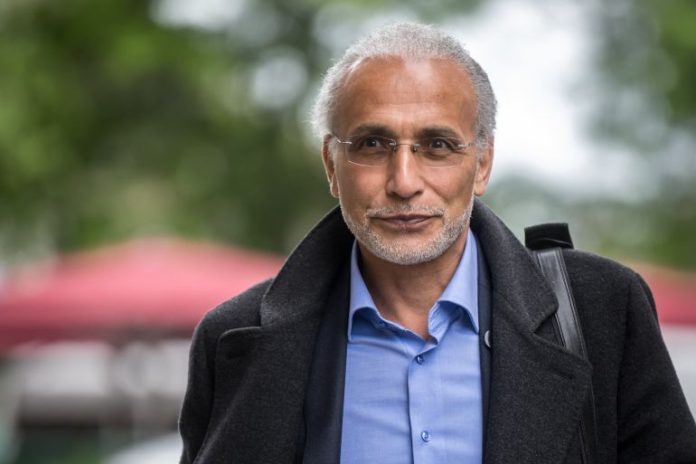In lecture halls from Cairo to Cambridge, audiences once leaned forward when Professor Tariq Ramadan spoke. He had a way of disarming sceptics – atheists, agnostics, restless young Muslims – by marrying faith with reason, tradition with modernity. To many, he was proof that Islam could converse confidently with the West. To others, he was a threat too great to ignore.
Then came the headlines. Accusations of sexual assault thundered across Europe. Switzerland, France, and a feverish global press seized the story. Overnight, the scholar who had inspired millions was branded a criminal. Ramadan held fast: I am innocent. This is bigger than me. He said the true target was not his reputation but the very idea that a Muslim intellectual could stand tall and unafraid.
For more than a decade, he lived beneath that cloud – his name whispered with suspicion, his lectures cancelled, his books removed from syllabi. Yet today, the quiet turning of history can be heard.
This morning, in Geneva and Paris, his lawyers faced the cameras. They did not bring rhetoric; they brought science.
In Switzerland, forensic computational linguistics – an advanced linguistic fingerprinting technique – has uncovered blog posts written two weeks before the alleged encounter with the complainant known as “Brigitte.” In those posts she chillingly hinted, “a torpedo is in preparation.” Two independent analyses give near-absolute certainty: she wrote them. A trap, set in advance.
In France, a parallel expertise traced a cache of incriminating messages back to the complainant “Christelle.” These messages, crafted five days before she met Ramadan, outlined plans to lure him into a hotel room. Again, the science is unequivocal.
Two other accusers have already retracted their stories, admitting manipulation. A French-Israeli paparazzo, Jean-Claude Elfassi, now faces investigation for witness tampering.
The lawyers’ voices did not tremble as they announced petitions for revision in Swiss and French courts. The evidence, they said, reveals premeditation, orchestration, design.
But this saga is not merely about one man clearing his name. It is about the machinery of narrative and power – how legal systems and media can be bent to stigmatise an entire community, to muffle voices that speak of Palestine, of justice, of an Islam confident in modern thought.
As the cases return to court this autumn, the world is asked a question:
Will justice correct itself, or will fear of a persuasive Muslim thinker continue to outweigh the truth?
Tariq Ramadan waits, steadfast. His supporters wait, hearts heavy yet hopeful. And somewhere, beyond the noise of politics and prejudice, the quiet force of evidence begins to speak louder than accusation.




